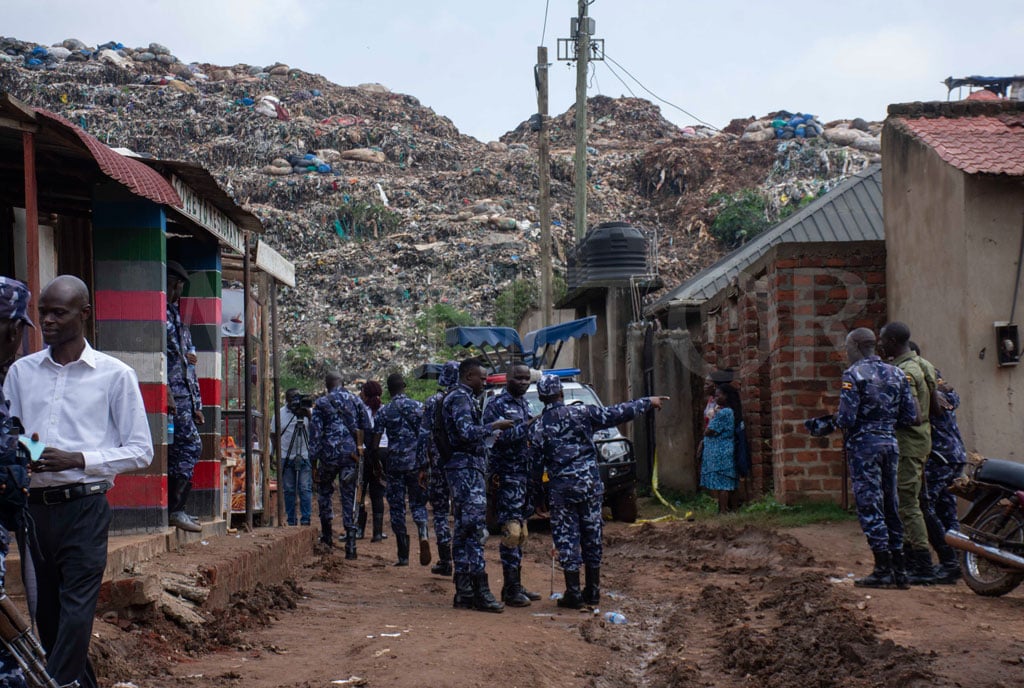WASH inequalities are endangering women's health and education

What you need to know:
- As we accelerate towards 2030, the government and development partners need to prioritise the provision of institutional WASH services which are still inadequate.
The silence surrounding Water Sanitation and Hygiene (WASH) inequalities in Uganda is deafening, yet the consequences are deadly. It is time we break the silence and act towards improving access to safe and hygienic WASH services for every girl and woman.
In 2010, the United Nations General Assembly pronounced itself and recognised access to WASH as a human right.
The resolution calls upon states to progressively work towards the realisation of access to safe drinking water and sanitation in the unserved and underserved areas.
Despite the significant progress made by Uganda, access to gender-responsive WASH services remain a dream for many women and girls in our society i.e. (schools, healthcare facilities and prisons).
These WASH inequalities have endangered women's health and education.
Given our social norms and values, women and adolescent girls are primarily responsible for fetching water for household use.
As such, they are at risk of gender-based violence and loss of time for other alternative beneficial economic activities.
Girls, in particular, face a difficult choice between attending school and having access to a toilet due to the lack of adequate WASH facilities in our schools.
For example, in Mbale City as of 2024, there are 73,941 primary school students with only 493 latrine/toilet facilities. This results in a pupil-stance ratio of 1:50, which is higher than the standard of 1:40 set by the Ministry of Education and Sports.
The situation is not any better in healthcare facilities. It is a common sight to visit some healthcare facilities and find patients and health workers sharing the same sanitation facilities. While intermittent water supply and poor medical waste handling and disposal continue to manifest.
This puts expectant mothers, caregivers, and health workers who are predominantly women at risk of acquiring health-associated infections. As such a lot of financial resources are being spent on treating these infections.
For instance, in a 2022 study conducted by WaterAid and the World Bank, Uganda spent $123 million treating health-associated infections, which could have been avoided if we had prioritised WASH in healthcare facilities.
While women serving sentences continue languishing in prisons and detention facilities with inadequate WASH infrastructure/services.
Using buckets to ease oneself is a common practice while in detention. Such practices affect their dignity and increase the risk of acquiring infections.
Challenges of inadequate financing; poor integration and disaggregated WASH data; and poor coordination and service delivery monitoring among state and non-state actors continue to exacerbate the WASH problems.
Addressing these WASH gaps/challenges will improve women's health and learning outcomes. It will also significantly boost our economy due to the increased number of healthier women who are more productive and can vigorously participate in the labour market.
As we accelerate towards 2030, the government and development partners need to prioritise the provision of institutional WASH services which are still inadequate.
Emphasis should be on improving WASH data collection, and management from both state and non-state actors.
This will improve, planning, budgeting, adequate resourcing, and monitoring of gender WASH service delivery in Uganda.
Patrick Lubangakene, Economic and Public Policy Analyst




